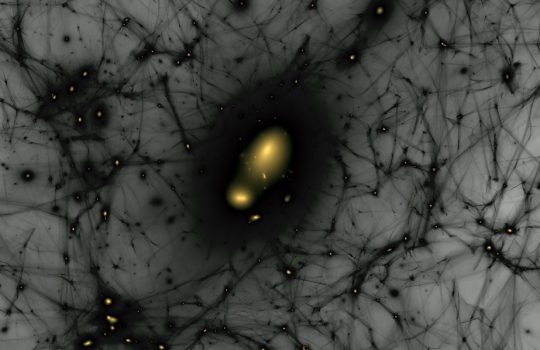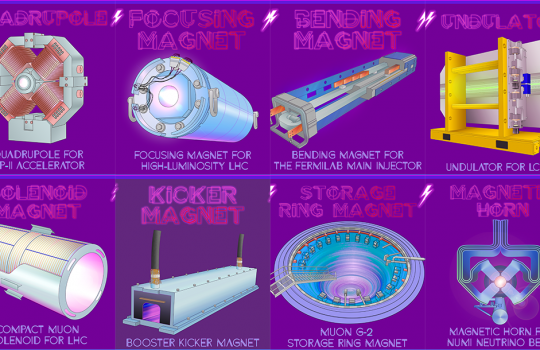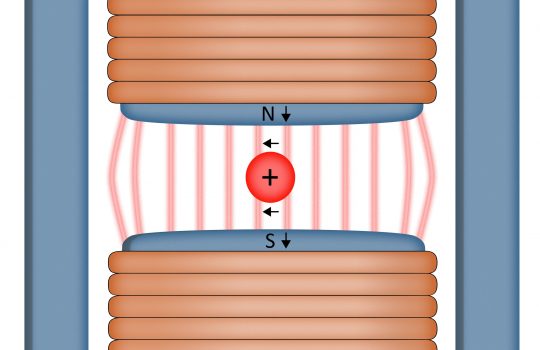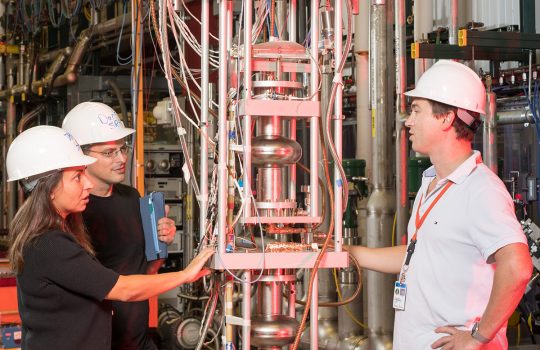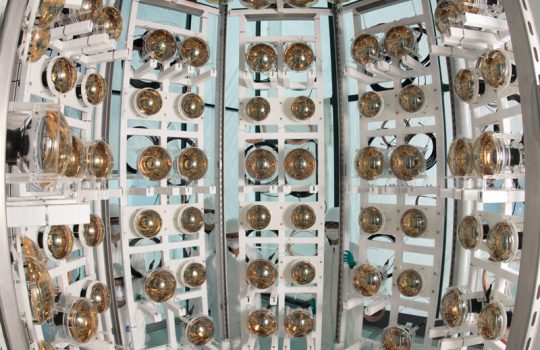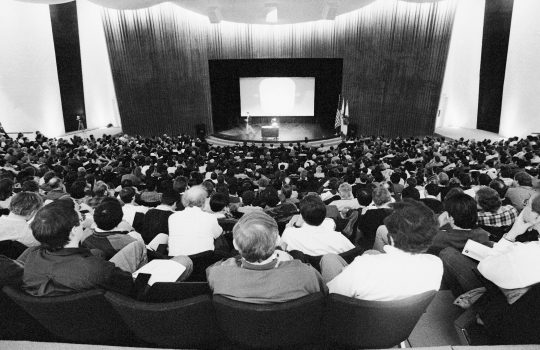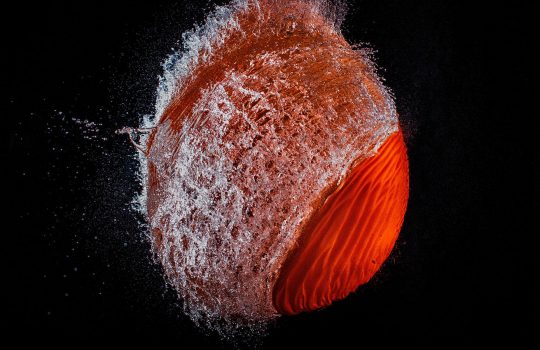The Milky Way’s satellites help reveal link between dark matter halos and galaxy formation
Just like we orbit the sun and the moon orbits us, the Milky Way has satellite galaxies with their own satellites. Drawing from data on those galactic neighbors, a new model suggests the Milky Way should have an additional 100 or so very faint satellite galaxies awaiting discovery.

